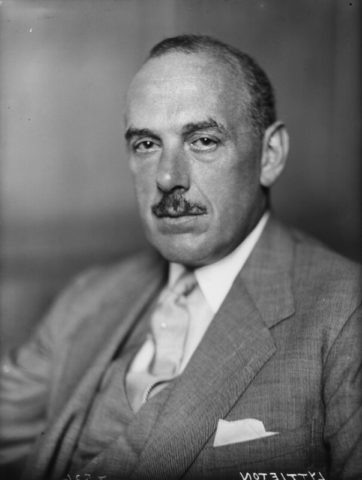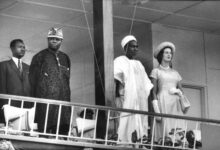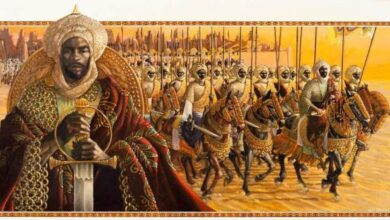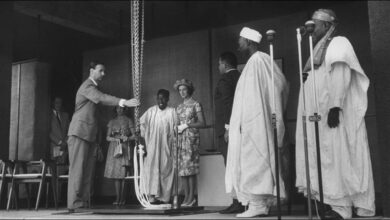The Lyttleton Constitution Of 1954 – Main Features, Merits And Demerits
The Lyttleton constitution of 1954 is the fourth and the last of the pre-independence constitutions of Nigeria. It was enacted in 1954 as a successor of the Macpherson constitution of 1951 which was reviewed through constitutional conferences (the London constitutional conference of 1953 and the Lagos constitutional conference of 1954).
The Lyttleton constitution is known to have been a pathway to the independence of Nigeria and also did it include the federal principle in its features which differentiated it from previous constitutions such as the Clifford constitution of 1922, Richards constitution of 1946 etc.
Main Features of the Lyttleton constitution of 1954
- Post of the premier was created in every region. The Premiers were to advise the governor of their regions.
- Federal system of government by sharing power between the central and the regions.
- Lagos was carved out of the Western Region and made the Federal Capital Territory.
- It retained the bicameral legislature for both Northern and Western regions, and uni-cameral for the Eastern Region.
- There was the autonomy of regions.
- Federal legislature (House of Representatives) consisting of 184 members who were elected directly from regional assemblies.
- A council of minister with the governor-general as the president, three official members, three ministered from each region and one minister from southern Cameroon.
- The speaker instead of the governor presided over the House of Representatives.
- The governor of the region ceased to be a member of the Federal executive council.
Merits of 1954 Lyttleton constitution
- Nigerian ministers were appointed with portfolios
- The posts of permanent secretary and parliamentary secretary were created
- Real law making powers were given to the regional legislatures
- It recognized the need for the integration and unity of the ethnic groups in Nigeria by passing powers to the regions.
- There was clear division of powers between the federal and regional governments in which each was autonomous in its jurisdiction.
- It granted separate elections into the regional and central legislative houses.
- It paved way for the independence of Nigeria with the introduction of the Federal system of government.
Demerits or Disadvantages
- The revenue allocation formula which was introduced by the constitution overemphasized derivation as against needs and national interest.
- The governor still retained his veto powers. He can make and pass laws know the interest of good government.
- The constitution left the Eastern region with uni-cameral legislative.
- The ministerial appointment was from the three major political parties which were from the regions. This rendered the central executive ineffective because the ministers were only loyal to the regions.
- The eastern and western regions alone used direct elections; elections in the Northern Region were indirect
- There was no provision for the post of Prime Minister.
Thanks for reading, OldNaija.com
If you find this useful, kindly drop a comment below and share on social media
Questions? Advert? Click here to email us.














In one of the demerits you wrote that there was no provision for prime minister but in the features you wrote that the post of premier was created in every region
A prime minister is different from a premier. A premier heads a Region while a prime minister heads the government of a country often in a parliamentary or semi-presidential system. Obafemi Awolowo was a Premier, Tafawa Balewa was a Prime Minister.